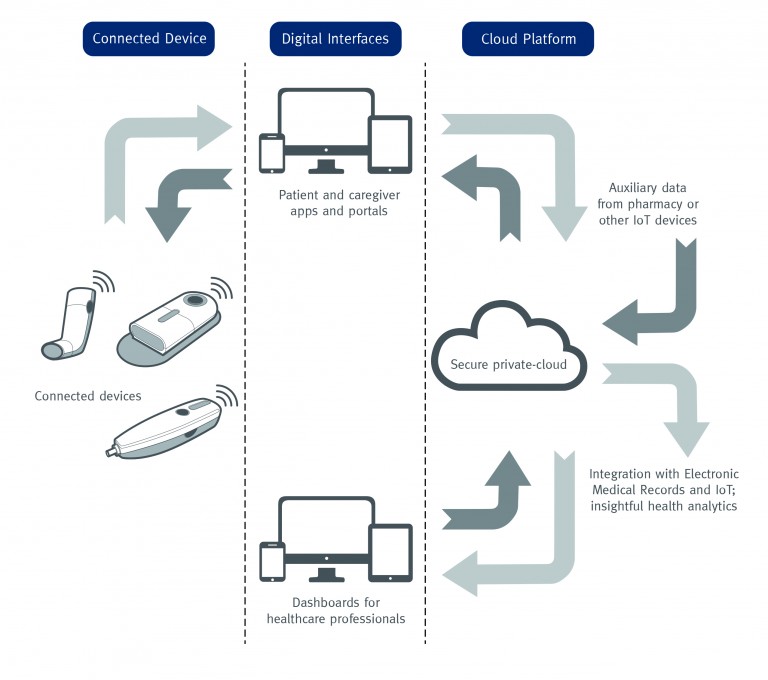Drive Health and Banyan Medical Solutions Partner to Address Nursing Shortage With AI-Powered Virtual Care Model

PHOENIX, Ariz., August 26, 2025 — With the U.S. projected to face a shortage of more than 200,000 nurses by 2030, hospitals are searching for new ways to reduce the strain on bedside staff while maintaining care quality. Drive Health and Banyan Medical Solutions today announced a strategic partnership designed to meet that challenge by combining virtual nursing with AI-driven automation.
The collaboration will integrate Drive Health’s agentic AI platform, Avery, with Banyan’s national network of virtual nurses, creating a hybrid model that autonomously manages lower-acuity but time-intensive workflows — such as admissions, patient education, discharge coordination, and purposeful rounding. This allows bedside teams to focus on high-acuity, hands-on patient care while routine tasks are handled digitally.
The joint solution is expected to be deployed across 2,000 hospital beds by the end of 2025, with initial sites going live in Q3.
“Our mission at Banyan has always been to expand the reach of the clinical workforce without compromising care quality,” said Tony Buda, CEO of Banyan Medical Solutions. “Drive Health’s technology gives us a powerful new lever to relieve administrative burdens and enhance the bedside experience for patients.”
Addressing Workforce and Financial Pressures
The partnership comes amid rising adoption of virtual care and AI-enabled clinical support tools as hospitals work to balance operational efficiency with patient safety. By shifting routine administrative workflows away from bedside staff, hospitals can reduce burnout, improve staff retention, and increase clinical throughput — ultimately boosting both patient satisfaction and financial performance.
According to Drive Health CEO Kevin Longoria, the collaboration represents a step toward sustainable care delivery.
“Bedside care teams are the backbone of care delivery, and they deserve tools that ease the burden, not add to it,” Longoria said. “By working alongside Banyan, we’re creating a model where human clinicians supervise and direct AI-driven workflows, ensuring care remains safe, compliant, and compassionate.”
How It Works
The integrated model leverages AI agents trained to execute standardized administrative and patient engagement tasks. These tasks are escalated to human nurses when necessary, ensuring:
- Standardized workflows for admissions, discharge planning, and education
- Continuous supervision by licensed clinicians
- Improved communication between bedside, virtual teams, and patients
- Reduced interruptions for bedside staff, allowing them to practice at the top of their license
Hospitals will also have access to analytics for measuring clinician satisfaction, throughput, and cost savings over time.
Expanding Use of AI in Healthcare
The collaboration builds on Drive Health’s recent work with Medicaid programs, including its role in Illinois’ Healthy Baby initiative, developed in partnership with Google Public Sector to address staffing and engagement gaps in underserved communities.
By bringing its AI platform into acute care settings, Drive Health aims to create a scalable workforce augmentation model that combines automation with virtual care teams.
Looking Ahead
Deployment will begin in flagship hospitals later this year, with plans to expand throughout Q4. Both companies will continue to co-develop new workflows tailored to inpatient environments, ensuring compliance and patient safety remain at the forefront.
For hospitals, this model represents a potential long-term strategy to address staffing shortages while protecting the quality of care.






